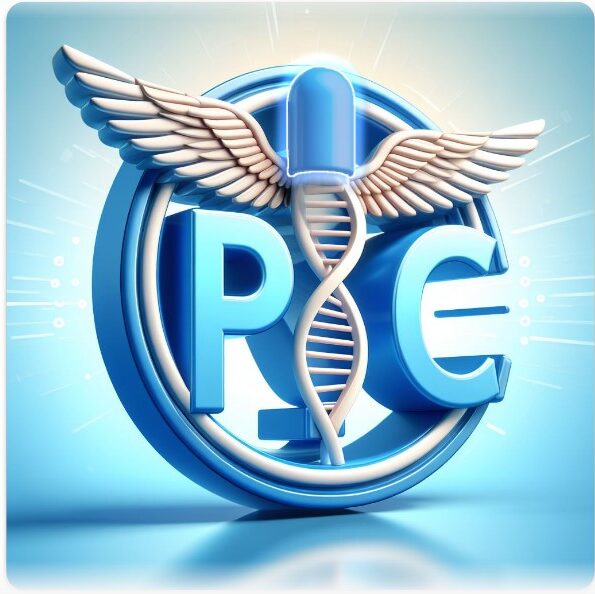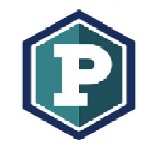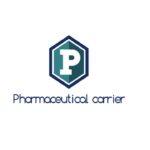Introduction
Quality assurance (QA) and quality control (QC) play vital roles in the pharmaceutical industry to ensure the safety, efficacy, and compliance of drugs and healthcare products. If you’re preparing for a QA or QC interview in the pharmaceutical industry, it’s crucial to familiarize yourself with the types of questions commonly asked. This article aims to provide you with a comprehensive list of possible interview questions to help you prepare effectively and confidently.
1. Understanding Quality Assurance and Quality Control
1.1 The Importance of QA and QC in Pharmaceuticals
In this section, we will discuss the significance of QA and QC in maintaining product quality, patient safety, and regulatory compliance within the pharmaceutical industry.
1.2 Key Differences between QA and QC
Differentiating between QA and QC is essential, as they are distinct yet interconnected processes. Here, we will explore the primary differences and roles of QA and QC.
2. Fundamental Principles of Quality Assurance
2.1 Regulatory Compliance
Explore the critical role of regulatory compliance in the pharmaceutical industry and how QA ensures adherence to applicable regulations.
2.2 Documentation and Recordkeeping
Understand the importance of meticulous documentation and recordkeeping to demonstrate compliance, traceability, and accountability.
2.3 Standard Operating Procedures (SOPs)
Delve into the significance of SOPs and how they establish standardized processes to maintain consistent quality throughout pharmaceutical operations.
3. Quality Control Techniques and Processes
3.1 Analytical Testing Methods
Explain the various analytical testing methods employed in QC laboratories to evaluate the quality, purity, and potency of pharmaceutical products.
3.2 Equipment Calibration and Validation
Discuss the importance of equipment calibration and validation to ensure accurate and reliable test results, emphasizing their role in QC activities.
3.3 Sampling and Statistical Analysis
Describe the sampling techniques used in QC and the role of statistical analysis in interpreting and assessing data for quality assurance purposes.
4. Compliance with Regulatory Agencies
4.1 Good Manufacturing Practices (GMP)
Highlight the significance of adhering to GMP guidelines and regulations to ensure the consistent production of safe and high-quality pharmaceutical products.
4.2 Food and Drug Administration (FDA) Regulations
Provide an overview of FDA regulations and their impact on the pharmaceutical industry, emphasizing the role of QA and QC in meeting these requirements.
5. Managing Non-Conformances and Corrective Actions
5.1 Root Cause Analysis
Discuss the importance of root cause analysis in identifying the underlying reasons for non-conformances and how it aids in implementing effective corrective actions.
5.2 Deviation Management
Explain the process of deviation management and its role in investigating and resolving incidents or discrepancies that deviate from established procedures or specifications.
5.3 Change Control
Elaborate on change control procedures and their significance in managing changes to processes, equipment, or systems to prevent potential quality issues.
6. Ensuring Product Quality and Safety
6.1 Batch Release and Product Certification
Examine the process of batch release and product certification, emphasizing the role of QA and QC in verifying product quality, safety, and compliance prior to distribution.
6.2 Stability Studies
Discuss the importance of stability studies in evaluating the shelf life, storage conditions, and effectiveness of pharmaceutical products over time.
6.3 Quality Risk Management
Explain the concept of quality risk management and its integration into QA and QC processes to proactively identify and mitigate potential risks to product quality.
7. Continuous Improvement Initiatives
7.1 Quality Metrics and Key Performance Indicators (KPIs)
Highlight the significance of quality metrics and KPIs in measuring performance, identifying areas for improvement, and fostering a culture of continuous quality enhancement.
7.2 Process Validation and Verification
Explore the process validation and verification techniques used in the pharmaceutical industry to ensure consistent product quality and regulatory compliance.
7.3 Lean Six Sigma and Process Optimization
Introduce the principles of Lean Six Sigma and their application in process optimization, waste reduction, and enhancing overall operational efficiency.
Conclusion
In conclusion, a successful interview for a QA or QC position in the pharmaceutical industry requires a solid understanding of the fundamental concepts, techniques, and regulations pertaining to quality assurance and quality control. By preparing for potential interview questions and familiarizing yourself with the topics covered in this article, you’ll be well-equipped to showcase your knowledge, skills, and suitability for the role.
FAQs (Frequently Asked Questions)
- Q: What are some essential skills required for a quality assurance role in the pharmaceutical industry?
- A: Some essential skills include strong attention to detail, knowledge of regulatory guidelines, proficiency in analytical techniques, and excellent communication skills.
- Q: How does quality control contribute to patient safety?
- A: Quality control ensures that pharmaceutical products meet established quality standards, minimizing the risk of adverse effects and ensuring patient safety.
- Q: Can you provide examples of regulatory agencies involved in pharmaceutical quality assurance?
- A: Regulatory agencies such as the FDA, European Medicines Agency (EMA), and Health Canada play significant roles in pharmaceutical quality assurance.
- Q: How does quality risk management help in identifying potential quality issues?
- A: Quality risk management allows proactive identification, assessment, and mitigation of potential risks, preventing quality issues before they occur.
- Q: What are some continuous improvement methodologies commonly used in the pharmaceutical industry?
- A: Lean Six Sigma, Kaizen, and Total Quality Management (TQM) are popular continuous improvement methodologies used in the pharmaceutical industry.
For more articles, Kindly Click here.
For pharmaceutical jobs, follow us on LinkedIn
For Editable SOPs in word, format contact us on info@pharmaceuticalcarrier.com
For official site visit:https://www.pharmacopoeia.com/
Pharmacareer team is a team of Experts from every department of Pharmaceutical industry having enriched experience. Experts have work experience of many multinational pharmaceutical industries worldwide.


